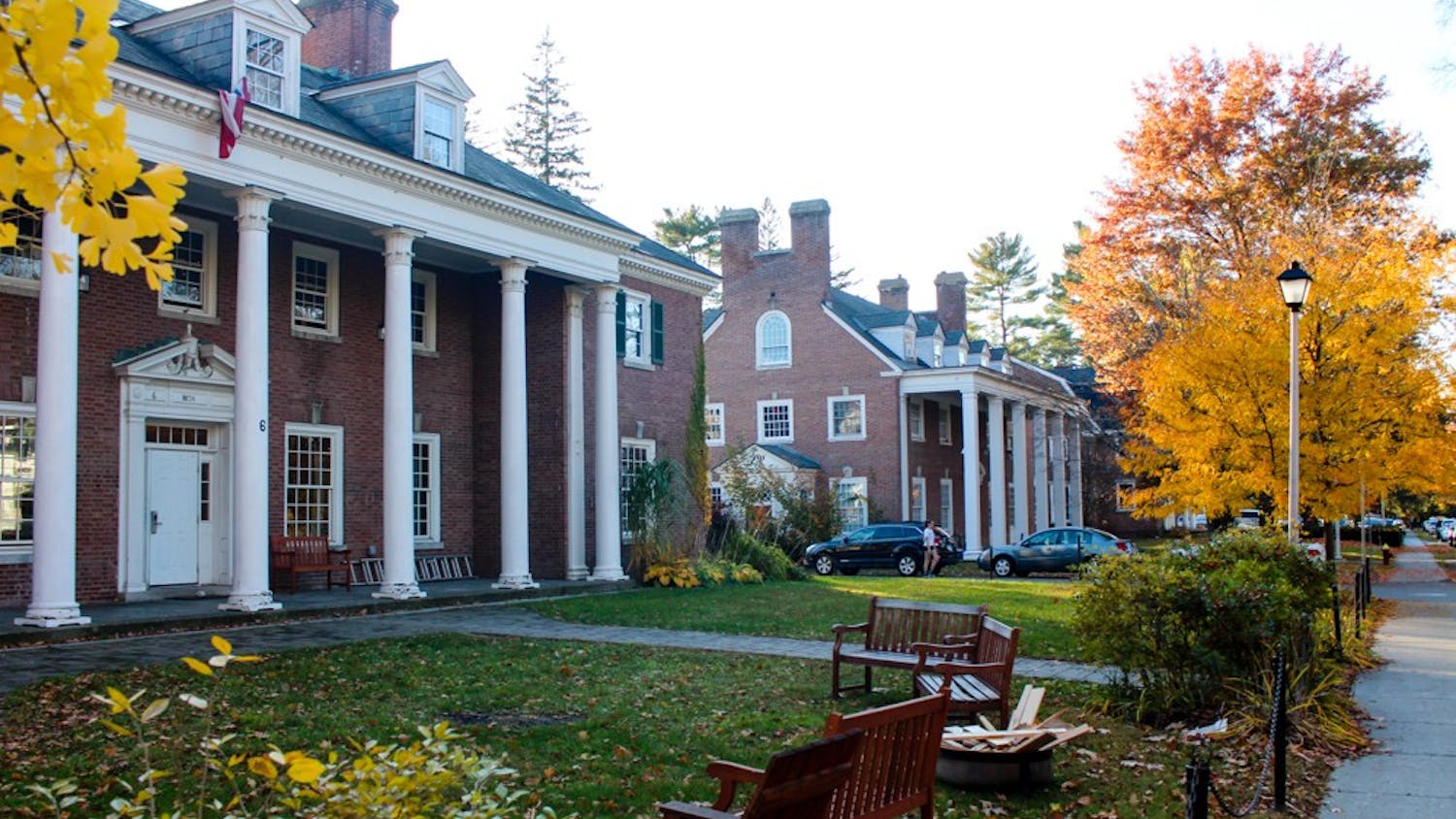Dartmouth has a love-hate relationship with Greek life. Despite various calls for abolition over the years, Greek life remains one of the most prominent aspects of the Dartmouth social scene. Around 67 percent of eligible students are affiliated, and even unaffiliated students often attend events hosted by Greek organizations. However, with the pandemic putting Greek life temporarily on pause and the rise of the “Abolish Greek Life” movement on other campuses, there is an increased risk that College will use the current circumstances as an excuse to crack down on Greek life once again. It is imperative that this does not happen. Banning Greek life would only make Dartmouth’s social scene more exclusive, dangerous and inaccessible.
Many of the issues that the administration seeks to address by abolishing Greek life — such as binge drinking and exclusivity — would only be exacerbated by relinquishing control of the main campus party scene. Let’s consider what campus would look like without Greek life. Realistically, students would try to emulate the Greek experience by living in large off-campus houses with their friends.
This scenario would only make Dartmouth’s social scenes less safe by eliminating the College’s oversight. Under the current system, all affiliated students are required to undergo sexual assault education courses in addition to alcohol and risk-management programs. The president of each house, and one designee, must also recieve additional sexual violence prevention training, with a focus on how to lead house discussions around topics of bystander intervention, accountability and sexual assault awareness. With a shift to unregulated off-campus parties, the students hosting parties would no longer be required to undergo this training. The College rules and regulations that keep us safe — such as the hard alcohol ban — would be for naught if the party scene moves off campus.
Further, living with an already-established friend group could preclude the introduction of students to new communities that forge bonds across class years — often between students who may have otherwise never crossed paths. The risk of this has manifested at other small liberal arts schools that have abolished Greek life. All of these schools have adopted other forms of exclusive groups, from Middlebury College’s social houses to Amherst College’s underground frats. In describing the general opinion on these campus social scenes, students echoed sentiments of parties lacking “a diverse set of personalities” and campus feeling “polarized.” Although Greek life is exclusive by nature — it only offers certain students membership — at least there is a formal process overseen by the College by which any student can vie for a spot in a house. If the Greek system were to be banned, students would have smaller gatherings in off-campus houses, but there would no longer be a formal system of accepting new members into these exclusive social groups.
It is also clear from student contributions that drinking problems still persist, with a Bowdoin College student reporting that “blacking out — drinking to the point of unconsciousness — is commonly thought virtuous.” With or without Greek life, college students will still find a way to party. If Dartmouth wishes to maintain control of the social scene, the logical course of action is to keep the majority of the partying within the regulated Greek system.
My defense here of the Greek system is not to say that Greek houses do not have room for improvement — they certainly do. While the Greek system has made progress since the launch of Moving Dartmouth Forward in 2012, there are still issues; for example, with how comfortable women feel in the male-dominated social spaces that play host to most events. Yet there continues to be incremental progress. In fact, a recent article in The Dartmouth discussed some of the ways in which houses have tried to create a more inclusive environment in light of the ongoing racial justice movement, beginning with education of current members and redirecting philanthropy toward appropriate causes.
The Greek system is certainly not perfect, but doing away with it would make for a much more fragmented social experience at Dartmouth. While membership is inherently exclusive and houses often play host to functions with excessive alcohol consumption, the College must accept that these phenomena would prevail (and be even worse) without Greek life. Though it seems counterintuitive for the College to support this imperfect system, it is imperative that the College keeps Greek life to enforce safety measures, maintain rules fostering inclusivity and hold house members accountable for their behavior at social events.



